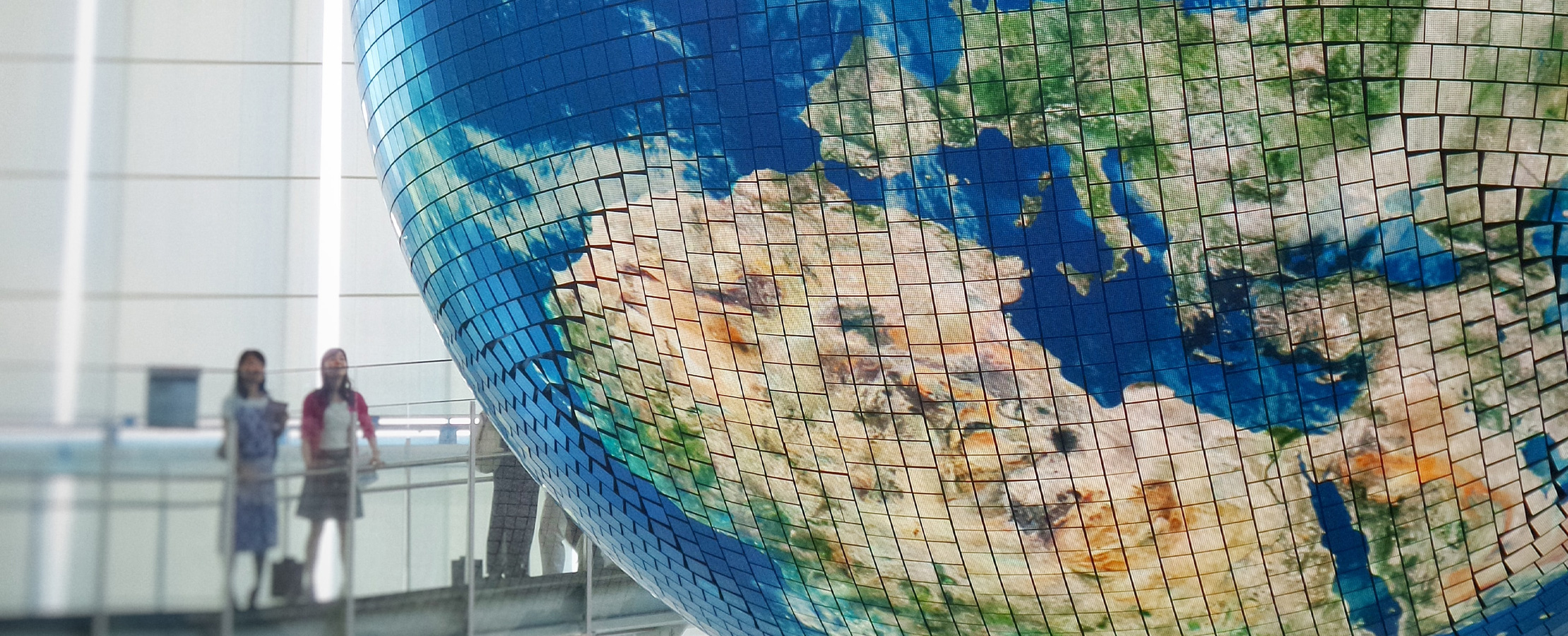Energy For All
The International Energy Forum (IEF) supports global efforts to improve universal access to energy and to reduce energy poverty worldwide. Access to affordable, reliable, and sustainable energy is essential to supporting global stability, economic growth, and humanitarian progress.
Energy poverty undermines progress, constrains opportunity, and exacerbates inequality. Addressing it is essential to ensuring stability, prosperity, and a just energy transition. This commitment to energy for all is deeply woven in the IEF's programs, policies, and initiatives.
While recent decades have brought meaningful gains in expanding electricity access, the pace remains uneven, and the requirements are growing. According to the UN's Sustainable Energy for All (SE4All), over 1.2 billion people are still energy poor, and more than 685 million live without access to any electricity at all. That number is projected to remain above 660 million by 2030, with Sub-Saharan Africa accounting for the overwhelming majority.
Progress in clean cooking access tells a similar story. Although the number of people relying on polluting fuels has dropped from 3 billion in 2010 to 2.1 billion in 2022, demographic growth means that SE4All projects that up to 2 billion people may still lack access in 2030. Indoor air pollution from biomass, coal, and kerosene is responsible for hundreds of thousands of preventable deaths each year, especially among children.
While the ambition to help is clear, progress is limited by the challenge of aligning scale with a diverse and evolving set of policy, market, and societal priorities. The result is that the investment gap remains stark. In 2024, IRENA estimated that achieving universal electricity access by 2030 will require about USD 30 billion per year for grid, mini-grid, and standalone renewable energy systems, including transmission and distribution. An additional USD 6 billion annually is needed for clean cooking technologies and fuels.
Market uncertainty, infrastructure bottlenecks, aftershocks from the COVID-19 pandemic, and the impact of Russia’s invasion of Ukraine are among the issues that influence the divide between aspiration and implementation.
Delivering energy for all demands a pragmatic, multidimensional approach grounded in economic realities and tailored to local contexts. Considering slow progress, rising populations, and growing demand, the need for the fuel- and technology-neutral approach long advocated by the IEF has never been more pressing.
Renewable technologies offer promising avenues to expand decentralized access where conditions allow. Hydrocarbons, particularly when integrated with emissions-reduction technologies will remain a vital component of the energy mix for many nations. There is no one-size-fits-all solution.
The path forward must be shaped by the unique circumstances of each market, not by rigid templates or doctrine. This is not a question of ideology, but of reality. A growing global population, particularly across the Global South, requires more energy. Meeting that demand equitably and sustainably will depend on coordinated action: long-term policy frameworks, smart regulation, blended finance, and public-private collaboration.
Energy access is not just about powering homes, it is about enabling health, education, enterprise, and dignity. Eliminating energy poverty is the foundation of a just and resilient global energy system.
The IEF is committed to supporting this effort and the development of secure and accessible energy solutions to meet the United Nation's (UN) Sustainable Development Goal (SDG) number 7: "To ensure access to affordable, reliable, sustainable, and modern energy for all."
As the world’s largest and most inclusive energy dialogue platform, representing producers and consumers alike, the Forum works to convene partners, amplify expert work, and advance the conversation beyond aspiration and toward delivery.
The IEF's commitment to reliable energy access for all is reflected in its initiatives and events. At the recent 15th IEA-IEF-OPEC Symposium on Energy Outlooks, experts assessed global energy scenarios shaping investment decisions in light of real-world market fundamentals, technological progress, and shifting policy landscapes. The Joint Organisations Data Initiative (JODI) coordinated by the IEF seeks to build statistical capacity and improve data transparency in emerging economies to help underpin decision-making. Through the Global Energy Solutions Initiative (GESI), the IEF also underscored the need for a more inclusive transition that accounts for diverse national circumstances, encourages broader stakeholder dialogue, and draws on lessons from the recent energy crisis.
We continue to engage with our Member Countries, international organisations, multilateral institutions, and market actors to help translate dialogue into action:


